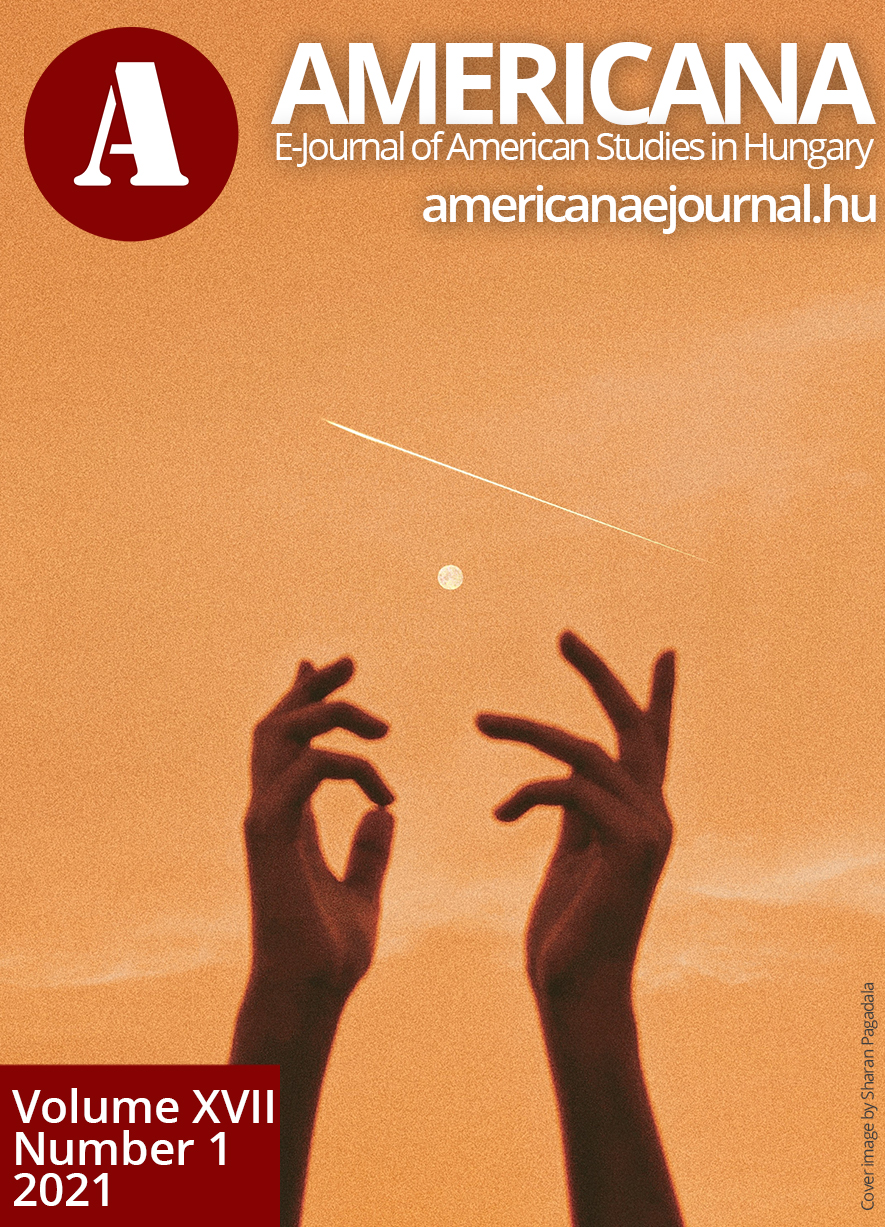A Requiem for the Body or How We’ll Stop Worrying and Love AI
Main Article Content
Abstract
In Blade Runner 2049 (2017) Denis Villeneuve, a film director who has always been interested in identity and relational dynamics, addresses a crucial issue in contemporary debate, that is, the man-machine relationship in post-human society. By creating a respectful virtual dialogue with Blade Runner (Ridley Scott 1982), of which it is the sequel, and by implicitly collecting not only the legacy of Philip K. Dick’s “Do Androids Dream of Electric Sheep?” (1968), but the atmospheres and the problems expressed by his various predecessors (from Metropolis, Fritz Lang 1927, up to Ex Machina, Alex Garland 2014), this film creates a shadow game in which the human being is (re)considered no longer in relationship to one, but to several types of "creature". Frankenstein and Jekyll had already challenged the concept of "individual", and Deckard had posed the existential drama of his own fragile identity; nonetheless, in this film the human (or presumed such) being must confront him/herself not only with androids or replicants, but also and above all with creatures that are, in fact, simple holographic softwares. The stakes are very high: our future as human beings in a world that will be increasingly inhabited by impalpable presences whose intelligence could – and will – go far beyond ours. The problematization of the concept of motherhood, the creation of extra-world colonies, the grafting of memories are all issues that today, differently from the 1980s, we feel as much closer to reality than to fiction. The aim of my paper is therefore to interpret the film in light of the ethical, scientific, and human disorientation that affects not only the spectator, but the citizen of our millennium as the planet slips towards an irreversible environmental and social crisis.
Downloads
Article Details

This work is licensed under a Creative Commons Attribution-NonCommercial 4.0 International License.

